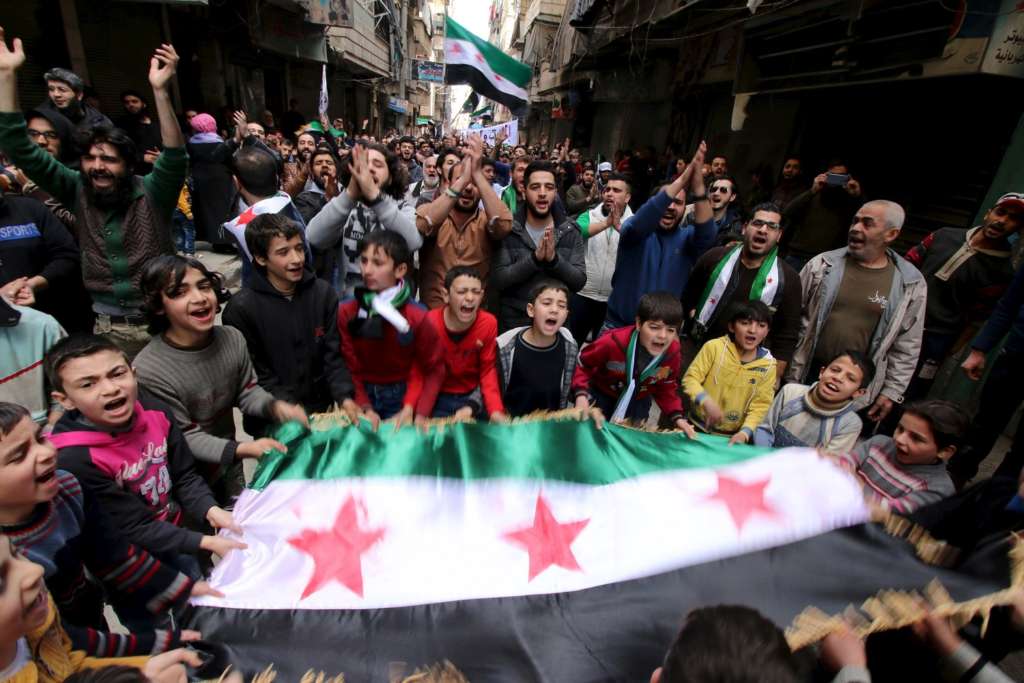European diplomats have taken up great interest in the intricate proxy war taking place in Syria, pitting both Ankara and Tehran on opposite ends of the bid for a solution ending the ongoing civil war. Moscow, on the other hand, has taken up a chief role in balancing a tripartite consensus.
Russian mediation managed an Iran-Turkey agreement, subsequently developing a ceasefire that would relaunch the Syria peace talks in Astana, Kazakhstan.
The issue surfacing with the agreement, is that Iran was in a sense excluded from taking part in the ceasefire brokerage, making it seem very shaky. Although, Iran, like Moscow – supports Bashar al-Assad’s regime – has stood aside from the truce leaving it very possible that proxies operating under its command to their own unilateral battlefield decisions away from the armistice.
More so, the Assad-led regime itself stands out on the ceasefire made as a go-between party, able to team up with loose Iran proxies to push for more territorial gains, hindering chances of a solution.
For that reason, perhaps, it was that Turkey’s Foreign Minister Mevlut Cavusoglu called on Iran to rein in its Shi’ite-backed militias and the Syrian regime to stop violating the ceasefire.
Mevlut Cavusoglu warned it was putting planned peace talks in peril.
Western diplomats therefore perceive that the Russian-Turkish agreement was to weigh in Turkey’s influence on the Syrian arena, propping up its position for future negotiations.
Russia bringing back Turkey into core influence can be a rendition to previous statements it made to Gulf officials on its Syria intervention being a preemptive move to curb Iran expansionist ambitions.
Since the wake of the Syrian Civil War in 2011, both Turkey and Iran placed their bets on two opposite brawling sides of the conflict, providing both support and assistance to their respectively backed parties.
Despite Turkish President Recep Tayyip Erdogan being forced to shift positions on Syria, following last summer’s coup that almost toppled his authority and brought him closer to Moscow, Turkish and Iranian standing on the Syria cause remain adrift.
Western sources attribute Tehran’s great determination to hinder the ceasefire to its need to anchor its role as an influential party to the conflict, translating its non-approval to the impossibility of peace in Syria.
Not to mention that Tehran wants to be an active partner that is able to influence the political process in Syria, sources added.
